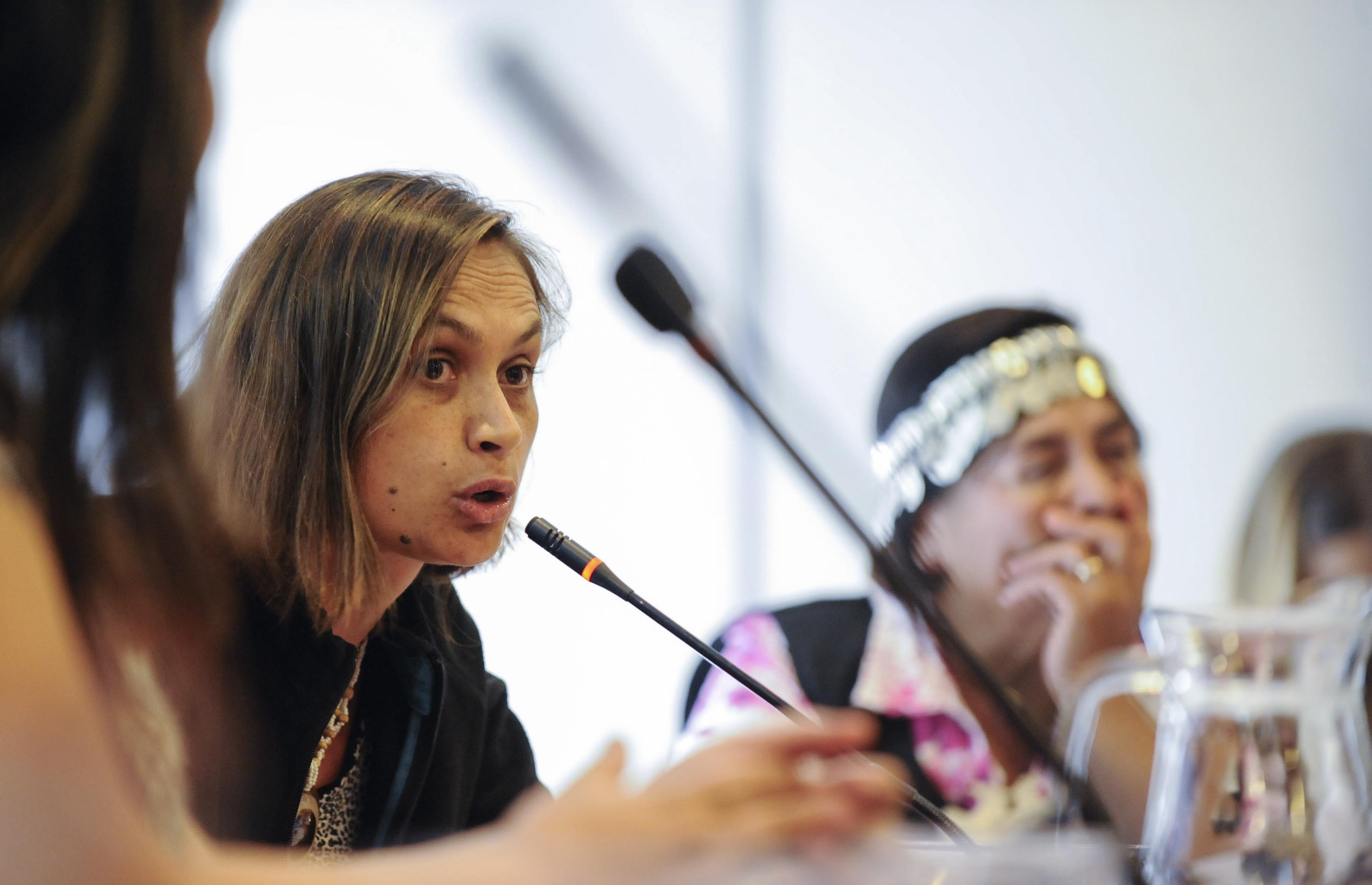Increasing women’s participation in the design, planning and implementation of climate actions can lead to improved environment and developmental outcomes for all.
A recent study commissioned by the Mary Robinson Foundation –Climate Justice found that the participation of women, and grassroots women in particular, in the design of climate actions results in actions which are successful and better for people and planet. Enabling women’s participation is not only the right thing to do; it is also the smart thing to do.
However, it is important to note that participation alone does not guarantee gender equality. The mere presence of women at the decision making table is not enough to effect change. We need to ensure that women’s participation is meaningful and that they have agency and voice to participate effectively in the process.
In order to support women’s meaningful participation it is vital that first we understand the context; including the structural and cultural barriers to women’s participation. As the case study from El Salvador demonstrates, understanding the local power relationships improves the design of climate actions and consequently the results. Enabling women’s meaningful participation also requires capacity building – in order to fully support women’s participation there is a need to invest in training, capacity building and support.
Women, who account for 50% of the world’s population, historically have not been equal participants in the design, planning and implementation of climate action. This should not be the case. As women and men are affected differently by the impacts of climate change, climate policies need to take this on board and be gender-responsive. To demonstrate the positive benefits of women’s meaningful participation more work is required to document and share examples of good practice to enable women’s participation.
Related Links
DOWNLOAD the Policy Brief: Women’s Participation – An Enabler of Climate Justice (pdf)
Find out more about out work on Women’s Leadership on Gender and Climate Change
Learning from Community Experience – Climate Justice in Action
Perspective of Women on Climate Change Carried to UN Climate Summit 2014
The Full View: Advancing the Goal of Gender Balance in Multilateral and Intergovernmental Processes
Principles of Climate Justice “Ensure gender equality and equity”
Principles of Climate Justice “Ensure that decisions on climate change are participatory, transparent and accountable”


